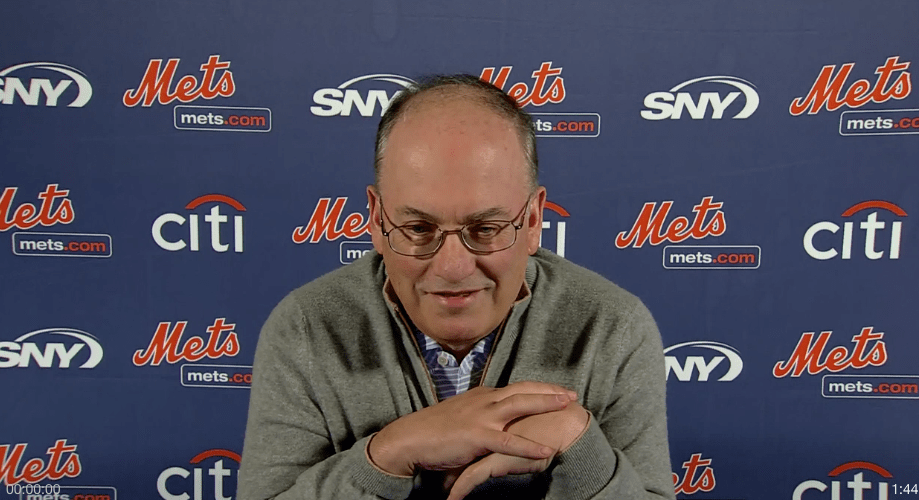
Throughout sports, we see team owners that are in the news for all the bad reasons. It seems like a casual occurrence to see an Owner of one of the sorry teams in the news for something that hurt the team on or off the field. A billionaire making decisions for a sports team should result in automatic failures but the list goes on of successful owners in their fields constantly failing to produce successful sports teams. The issue is that they are designed to fail, the way the NFL or NHL, or any league is designed goes against everything they are good at and made them successful.
Owners are part of a tricky team
Owners are put in a tough situation from the start when you consider what the leagues look like and what the objective of any league is. To start, when owning a sports team, you are part of a business of its own where you have to work with and collaborate with other owners. For example, the NBA has 30 teams and thus 30 owners (or part-owners) and one commissioner. They all have to work together and assure that they succeed. For many owners, this can be uncharted territory since this requires some, who built their companies by themselves or with like-minded people, to become teammates with people they didn’t want to work with per se (this can explain why the MLB requires the Owners to vote on ownership purchases).
Aside from wanting the league and the other 30 teammates to succeed, an Owner has to beat them. The goal is to win games, championships, bring in profits, fans, and more so than anyone else. The goal is to beat your teammates, which is an unusual concept for anyone in any profession. This rare combination leaves many sports owners in a complicated bind, especially since their background is usually completely different from this concept.
They controlled everything, so why not sports decisions?
One of the most vital things that usually result in bad or even terrible owners, is the fact that they don’t know or understand much about sports decisions. This shouldn’t be a big deal but the problem is that most, if not all owners want a say, if not complete control of the on-field decisions.
Many of these sports owners built their businesses or companies from the ground up and in part controlled every aspect of the company. Take Arthur Blank, the Atlanta Falcons owner, who built Home Depot and controlled every aspect of the company to make it the successful enterprise that it is today. Prior to becoming the Falcons owner, Blank had a say in every decision and every detail of everything he did that was successful. Blank is just one of the hundreds of examples in sports today.
Many of the Owners are used to controlling their companies, thinking everything that touches turns to gold, and think a sports team is just another company. They want to make the decisions for their sports teams but the problem is they often don’t know much about the sports themselves. Owners don’t necessarily know the difference between a quarter’s coverage and cover one. Owners don’t know whether to sign the player that will bring a lot of coverage or the players that will bring a lot of wins. This is where coaches and managers come into play, who have spent their entire lives understanding these concepts.
So how do Owners succeed?
It’s easy to think of some of the bad owners that have made their marks on sports. The list is too long to go through but what about the good owners? The first thing that comes to mind is group ownership. The first that comes to mind is the Guggenheim Partners, the group that owns the Los Angeles Dodgers. They have the advantage of working with the other teams because they have to work with their own team of owners. Likewise, the owners that are successful aren’t the hand-off ones necessarily, rather the ones willing to allow their management to run the team. Many people credit the Golden State Warriors players, coaches, and even front office for the recent dynasty, but Joe Lacob was able to build a winning formula. Lacob had a say in team decisions but knew when to let his staff make the right moves.

Must See
-


Basketball
/ 3 years agoScouting Reports and Team Fits for 5 of the Top Prospects in the 2022 NBA Draft
Even with the NBA playoffs raging on into late May, eliminated teams have turned...
-


Athlete Profiles
/ 3 years agoSteven Kwan: Doubt Turned to Success
“The approach and frame show zero promise for game power. Despite having a hit...
By Matthew Suh -


Columns
/ 3 years agoBird’s MLB Season Predictions
Well, welcome back baseball! After a 99 day lockout, which pitted players versus owners...
By Ed Birdsall











